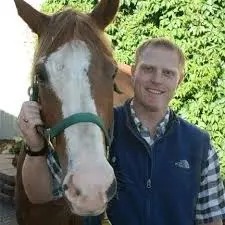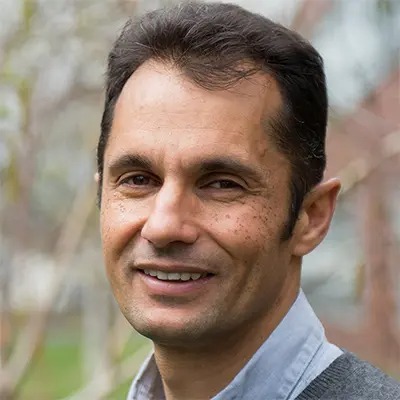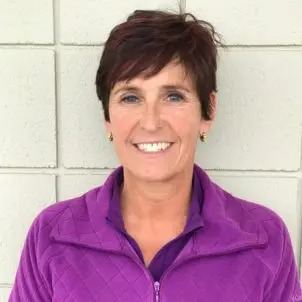Equine Endometritis Therapy - A matter of Opinion?
Species
Equine
Contact Hours
3 Hours - RACE Approved
Language
English
Discipline
Emergency & Critical Care
Internal Medicine – Endocrinology, Haematology, Infectious Diseases, Parasitology & Oncology
Pathology - Clinical & Gross
Reproduction / Theriogenology
Toxicology & Pharmacology
Growth Partners
North America

Europe

Veterinary Partners
Global



North America
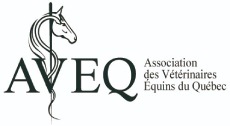
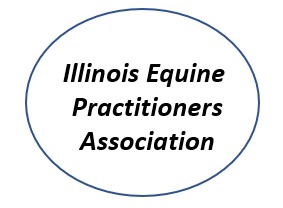
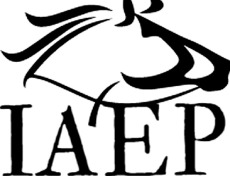
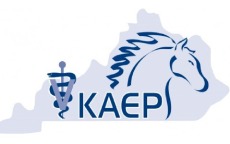
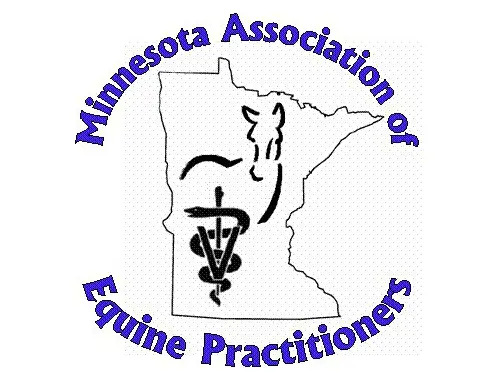
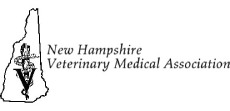


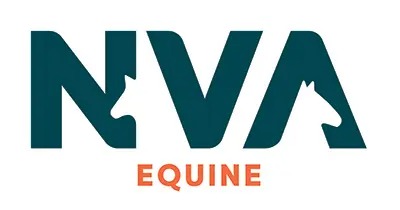

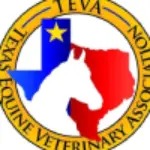

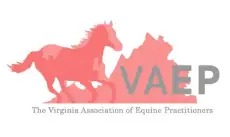
Europe
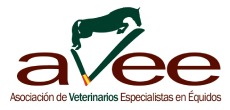
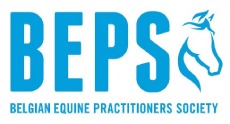


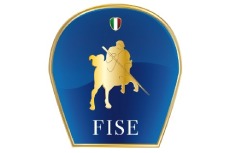

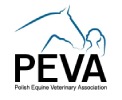

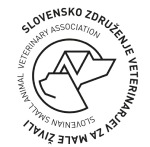
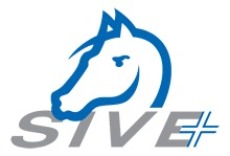



Middle East & Africa
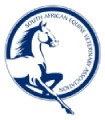
Asia-Pacific

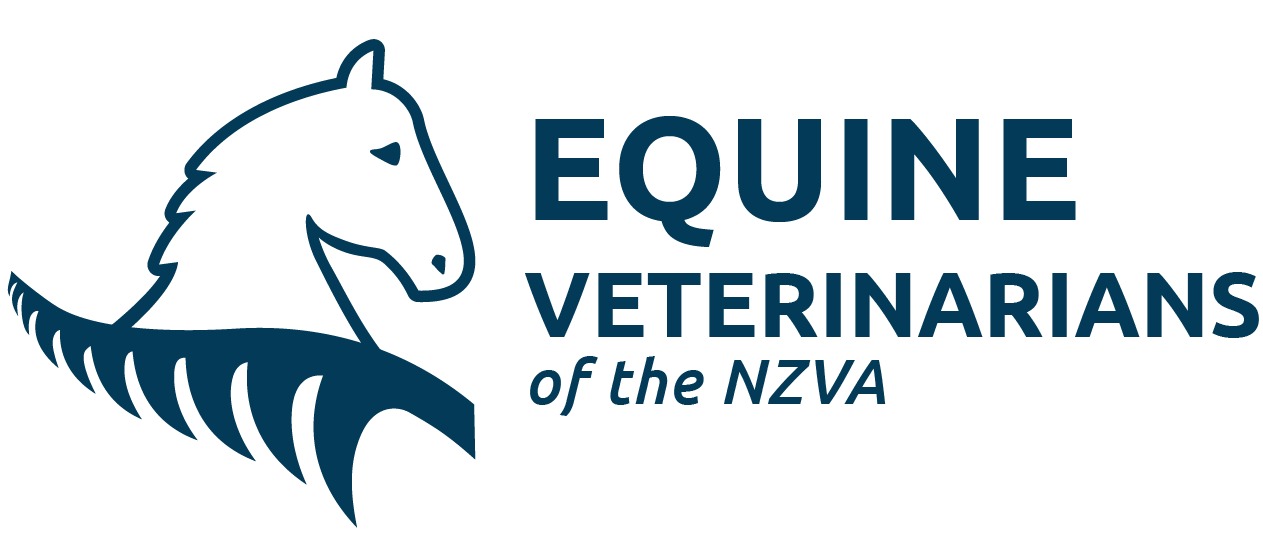
Recorded on: 1st September 2020
Panelists:
Tom Stout VetMB, MA, PhD, DECAR, KNMvD – Utrecht University, The Netherlands
Ryan Ferris DVM, MS, DACT – Summit Equine, USA
Karen Wolfsdorf DVM, DACT – Hagyard Equine Medical Institute, USA
Moderator:
Jonathan Pycock BVetMed, PhD, DESM, MRCVS – Equine Reproductive Services, UK
CONTENT DESCRIPTION
Reduced fertility associated with endometritis, both acute and chronic, has been recognized for many years in broodmares. This subfertility is due to an unsuitable environment within the uterus for the developing conceptus and in some cases the endometritis causes early regression of the CL. The term `endometritis' refers to the acute or chronic inflammatory process involving the endometrium. Transient post breeding endometritis has long been recognised as a normal physiological reaction in the mare. However, certain mares are termed “susceptible” and are unable to eliminate the endometritis in a reasonable timeframe. This in turn adversely affects pregnancy rate and most clinicians would agree that these susceptible mares that characteristically accumulate fluid in the uterine lumen, are a major cause of subfertility. A failure to drain this fluid is known to be the most important reason for susceptible mares failing to become pregnant. What is less well understood is why this fluid fails to drain. The debate of the below controversial discussion point aims to address many of the key issues we face as clinicians dealing with these mares:
Pathophysiology & Diagnostics:
- Is it blocked oviducts or endometritis?
- Are biofilm and latent bacteria a cause of sub-fertility?
- Can the type of identified bacteria help answer why and where they may be coming from?
- What is the gold standard for diagnosing endometritis?
Prevention, Therapy & Prognosis:
- How does one decide which non-antibiotic therapy to use in endometritis: why and how?
- Should we use high dose corticosteroids to dampen the inflammatory response at the time of AI?
- What should I flush the mare’s uterus with – why, when and how often?
- 0.9% Saline or Lactated Ringers / (Platelet-Rich) Plasma / N-Acetylcysteine / Tris-EDTA, kerosene, hydrogen peroxide etc.
- Post-breeding antibiotic infusions – Do they have a place in clinical practice?
- How to deal with refractory endometritis? When is Endometritis non-curable?
Dr. Ryan Ferris is one of the owners of Summit Equine. Ryan is originally from Washington State, and performed his veterinary training at Washington State University. Ryan went on to perform a residency in theriogenology at Colorado State University and is board-certified in the American College of Theriogenology. Following his residency, Dr. Ferris was invited to stay at Colorado State University as a faculty member and has been there for the last 7 years. He brings to us an extensive background in problem mares and embryo transfer with a internationally recognized research program in diagnostics and therapeutics for endometritis.
More InfoJonathan is a world-renown expert in equine reproduction based in Yorkshire, England. He is a prolific publisher of papers and book chapters on equine reproduction, and edited the iconinc text, Equine Reproduction and Stud Medicine. He has worked successfully in private practice (developed his own first opinion and referral equine reproduction practice from scratch) as well as teaching and research. Jonathan has been a Member of Council of BEVA for 9 years and currently President Elect. An enthusiastic provider of CPD, he delivers around 65 days of CPD annually, both within the UK and overseas. He has contributed as a speaker or chairman of a session at every BEVE Congress for the last 25 years and is responsible for the BEVA Reproductive Ultrasound Course, which has been a sold-out course annually for the last 20 years.
In 2012, Jonathan became an Equine Claims Consultant for the Veterinary Defence Society in the UK, in which capacity he has acted as an expert witness on many occasions. Jonathan’s main veterinary interests include ultrasonography, breeding the problem mare, and artificial insemination. His well-recognised sense of humour makes him a popular speaker at CPD events world-wide, and a very relaxed and relatable practical instructor.
More InfoTom qualified from Cambridge University's School of Veterinary Medicine in 1993. He performed his PhD, also at Cambridge, on 'Maternal Recognition of Pregnancy in the Mare' under the supervision of Professor W.R. 'Twink' Allen at the Equine Fertility Unit in Newmarket funded by the Horserace Betting Levy Board. After a short period as Lecturer in Animal Reproduction at Cambridge Tom moved to Utrecht University to become a lecturer in equine reproduction. In 2007, he was appointed to the Chair of Equine Medicine and Reproduction at the Department of Equine Sciences and also to an extraordinary Chair in Reproduction at the University of Pretoria, Department of Production Animal Sciences.
Tom is a Diplomat of the European College of Animal Reproduction (ECAR) and a Royal Dutch Veterinary Association specialist (KNMvD) in Equine Reproduction. He runs a busy clinical discipline working on all aspects of equine reproduction, with increasing emphasis on assisted reproduction and diagnosis and treatment of infertility. Tom's research interests are focussed on fertilisation, early embryonic development and early pregnancy loss in mares and in the relationships between semen quality and fertility in stallions. He is also involved in studies into semen quality and early embryonic development in farm animal and wildlife species and contraceptive techniques for the management of wild animal populations.
More InfoDr. Karen Wolfsdorf attended veterinary school at the University of Florida and graduated in 1992. After completion of her DVM, she began an equine field service internship at North Carolina State University. In 1995, Dr. Wolfsdorf completed a residency in Theriogenology at the University of Florida and became board certified in Theriogenology. Before coming to Hagyard Equine Medical Institute, she spent time working in Australia with Dr. Pascoe at Oakey Veterinary Hospital. In 1996, Dr. Wolfsdorf joined Hagyard as an Associate and in 2002 she became one of the first two woman Members of the Practice. Dr. Wolfsdorf’s main area of interest is infertility in the mare and problems during pregnancy. She spends her time working as a field veterinarian and as a specialist at the McGee Fertility Center.
She has authored many chapters on equine reproduction as well as lectured worldwide and published research regarding progesterone, retained endometrial cups and equine twin reduction with cranio-cervical dislocation.
Dr. Wolfsdorf and her husband are involved as owners and breeders in the Thoroughbred industry and have two daughters who ride pony hunters.
More InfoVeterinary Student
Online Panel Discussion
USD 20.00
Qualified Vet
Online Panel Discussion
USD 95.00
Intern/Resident/PhD (Requires proof of status)
Online Panel Discussion
USD 70.00
Vet Nurse/Vet Tech (Requires proof of status)
Online Panel Discussion
USD 70.00
If the options you are looking for are unavailable, please contact us.
No tax will be added unless you are a UK taxpayer
Choose currency at checkout



